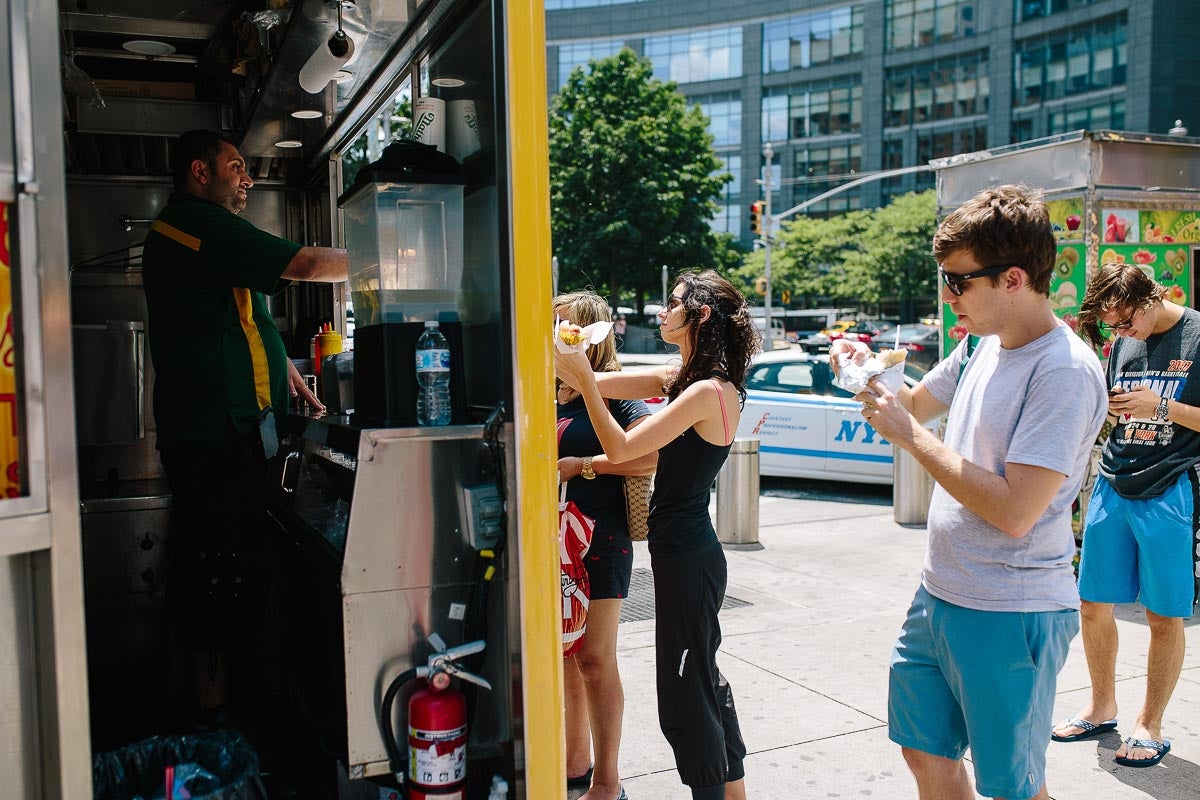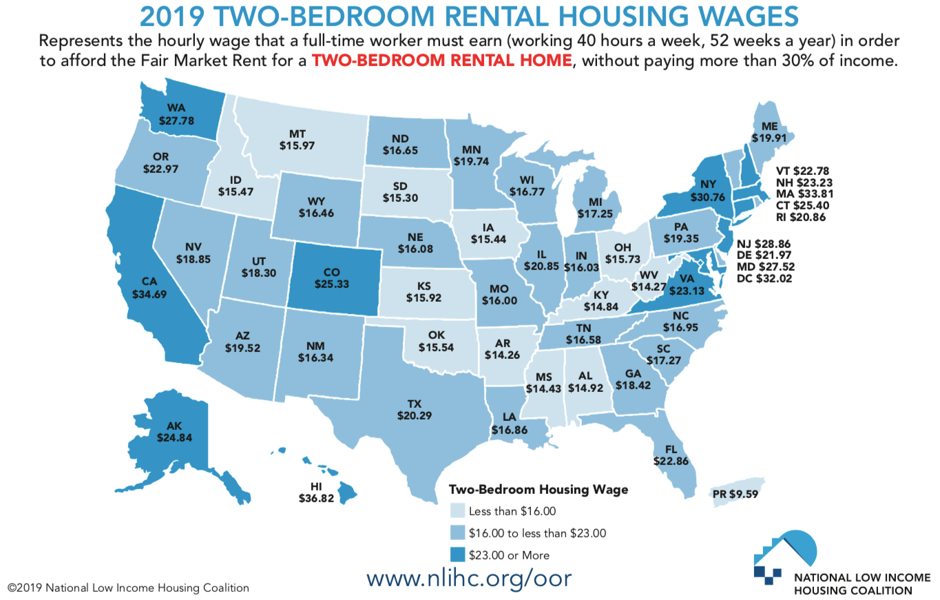Raising the federal minimum wage to $15 an hour by 2025 would increase the pay of at least 17 million people, but 1.3 million Americans could potentially be out of work, according to a study by the Congressional Budget Office released on Monday. The minimum wage increase would potentially lead to raises for another 10 million people already earning at or around $15 per hour and 1.3 million Americans would be lifted out of poverty.
The $15 per hour federal minimum would be implemented in six annual increments starting January 20, 2020, if approved by the federal government. By 2025, all workers, including current exceptions like tipped workers, teenage workers and disabled workers, would earn $15 per hour.
The 1.3 million Americans that could lose their jobs if the minimum wage was increased to $15 is a median estimate, according to the report. The CBO economists wrote that resulting job losses could range between "about zero and 3.7 million."
The CBO analysis also offers two alternative minimum wage predictions: $12 and $10 per hour.
For the $12 minimum wage scenario, 5 million American would potentially get a raise, 400,000 Americans would earn above the poverty threshold, and 300,000 Americans have the potential to become jobless. The $10 option would give 1.5 million workers raises and both the poverty threshold and change in employment wouldn't significantly change from what it is today.
This report comes as the representatives debate the Raise the Wage Act, which would eventually raise the federal minimum wage to $15 an hour by 2024. The bill, which has more than 200 co-sponsors—all of whom are Democrats, would also phase out the 1996 decision of $2.13 an hour for tipped workers, like restaurant servers and valets.
The discussion is especially important as analysis shows the current minimum wage of $7.25 for a full-time, single-job worker can't afford to pay for a fair market-rate two-bedroom apartment anywhere in America. Even with the increase of $15 per hour, a National Low Income Housing Coalition analysis shows only five states where a worker would be making enough in a 40-hour workweek for a fair market two-bedroom rental home.
Overall, other research suggests that the increase's likely impact on employment loss would be minimal.
A new white paper from Anna Godoey and Michael Reich at the University of California, Berkeley, which was not reviewed by the CBO since it was released last week, provides more evidence that the potential impact on jobs is insignificant. Their study found that raising the federal minimum wage to $15 an hour by 2024 would likely boost incomes for the poorest households in rural counties. Additionally, they didn't find evidence that a large wage hike would lead to significant job losses or fewer work opportunities, which is something big business groups often warn about.
A 2016 study found a 10 percent increase in the minimum wage would likely reduce overall employment in low-wage industries by 0.5 to 1.2 percent. A meta-analysis from the University of Massachusetts economists found that of the 138 states and cities that increased minimum wages from 1979 to 2016, there was little or no change in employment after increasing the wage minimum. In yet another research paper, economist Arindrajit Dube shows that raising the minimum wage significantly reduces the number of families living in poverty. He concluded that a $12 minimum wage in 2017 would have lifted 6.2 million Americans out of poverty.
And voters are supportive of minimum wage increases. Multiple polls show widespread support for raising the wage, even among Republican voters, and a majority of voters want at least $15 an hour.


